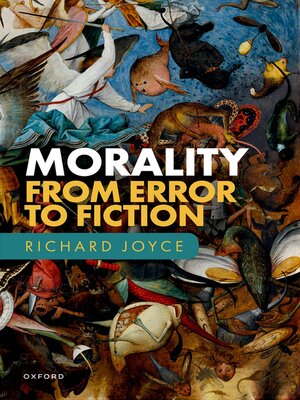
Sign up to save your library
With an OverDrive account, you can save your favorite libraries for at-a-glance information about availability. Find out more about OverDrive accounts.
Find this title in Libby, the library reading app by OverDrive.



Search for a digital library with this title
Title found at these libraries:
| Library Name | Distance |
|---|---|
| Loading... |
We make moral judgments about all sorts of things, both mundane and momentous. But are any of these moral judgments actually true? The moral error theorist argues that they are not. According to this view, when people make moral judgments (e.g.,"Stealing is morally wrong") although they purport to say true things about the world, in fact the world does not contain any of the properties or relations that would be necessary to render such judgments true. Nothing is morally right; nothing is morally wrong. The first part of this book argues in favor of this version of moral skepticism. Moral properties, it is claimed, have features that cannot be accommodated within the naturalistic worldview. Some of these problematic features pertain to the "reason-giving" nature of moral properties; some pertain to puzzles surrounding the notion of moral responsibility. Suppose, then, that we decided that this radical skepticism about morality is correct-what, then, should we do with our faulty moral discourse? The abolitionist presents the most obvious answer: that we should just do away with morality (in the way that in the past we eliminated talk of bodily humors, say). The fictionalist presents a less obvious answer: that we should retain moral discourse even though we know (at some level) that it is false. The second part of this book advocates an ambitious version of moral fictionalism. This book is a sequel to the author's 2001 work The Myth of Morality.







